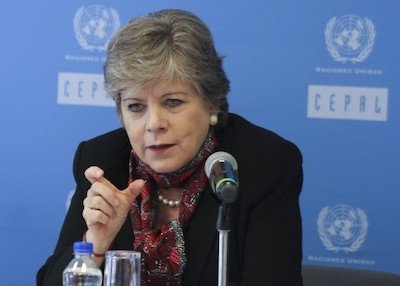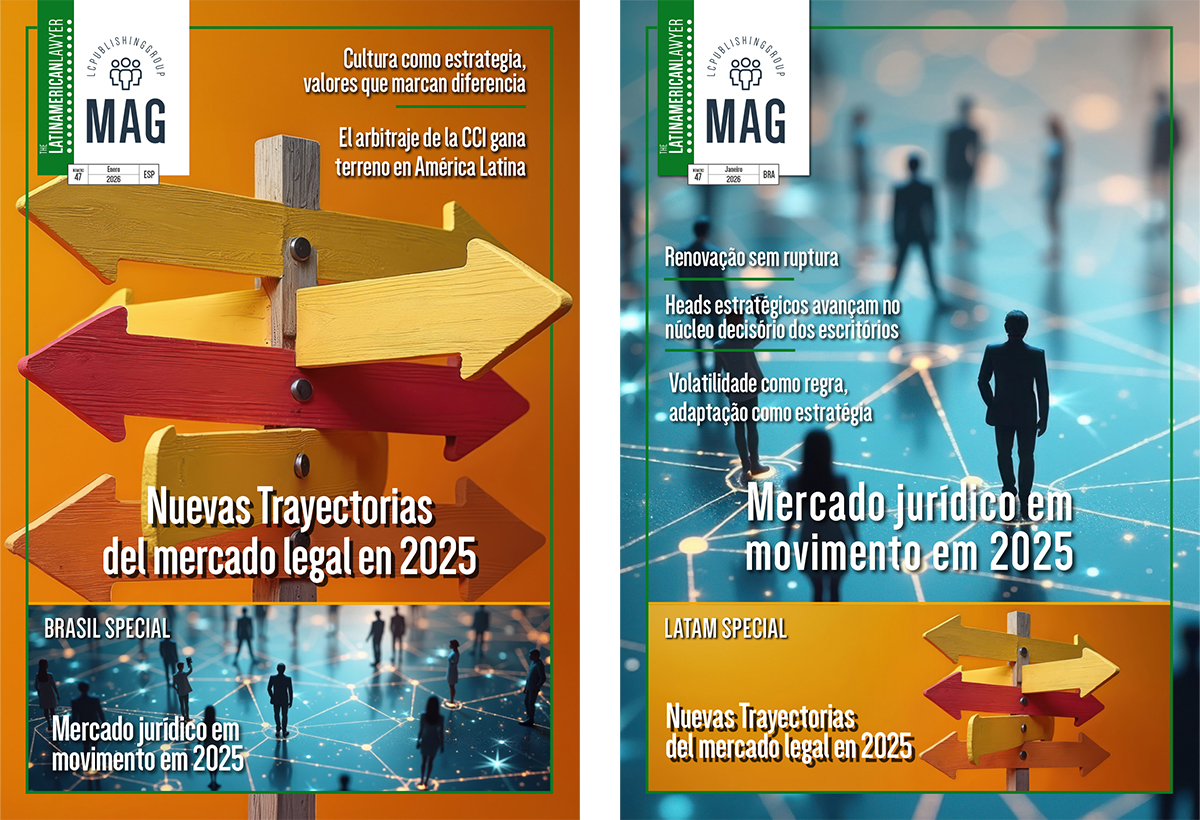ECLAC calls for post-pandemic financial support for Caribbean

Concessional financial support for Caribbean countries is imperative as a response to the crisis unleashed by COVID-19 and to confront the economic and climatic vulnerabilities affecting them, Alicia Bárcena, executive secretary of the Economic Commission for Latin America and the Caribbean (ECLAC), said this week during a session of the United Nations High-level Political Forum 2020.
 Bárcena (pictured) also presented five proposals that would enable Caribbean countries to increase their fiscal space.
Bárcena (pictured) also presented five proposals that would enable Caribbean countries to increase their fiscal space.
Bárcena specified that Latin American and Caribbean countries are suffering the effects of the COVID-19 crisis through five channels: a drop in trade with their main trading partners, lower prices for commodities, the disruption of global value chains, lower demand for tourism services, and a decline in remittances.
In particular, Caribbean nations currently face three significant vulnerabilities, ECLAC’s Executive Secretary said: a fall in tourism-related visits calculated at between 57-75 per cent in 2020, which will entail a loss of between $22-28 billion in income; high exposure to climate change, which is manifested in the 400 disasters that occurred between 1990 and 2019, 90.4 per cent of which were caused by hydro-climatic phenomena (and 2020 is forecast to be a very active year with an estimated 16 named storms expected); and a high level of public indebtedness: 11 countries have a debt/GDP ratio that is above the 60 per cent threshold for sustainability, and three are nearing or have exceeded 100% of their GDP.
“High debt service in Caribbean countries limits their fiscal space for responding to the COVID-19 crisis,” the senior United Nations official emphasised. They are currently spending $1.2 billion to address the pandemic, but debt service is very high, between 30-70 per cent of their revenue, which puts great pressure on their fiscal space, Bárcena added.
ABárcena also underscored that the countries of the Caribbean do not have concessional financial support, and receive very little Official Development Assistance (ODA). “Concessional financial support (to the Caribbean) is an imperative, regardless of whether they are considered to be middle-income countries,” she said.
In this area, she explained that ECLAC is proposing five, very concrete recommendations: a debt relief initiative through a debt for climate change adaptation swap, which includes the creation of a resilience fund; a debt service standstill and a change in international financial institutions’ (IFIs) eligibility criteria for granting concessional funding; stage contingency bonds, especially with hurricane clauses; green and blue bonds; and liquidity support via the issuance of Special Drawing Rights (SDRs).
“There are warning signs with 10 years left to fulfill the 2030 Agenda and the Samoa Pathway. We are not going to achieve the goal of reducing poverty, or the full goals related to women’s empowerment, food security, unemployment and the strengthening of health and sanitation. That is why concessional funding is a must,” Bárcena stated.
“At ECLAC, we are carrying out our ‘Caribbean First’ strategy as a priority. We are fully prepared to support Caribbean countries on the promotion of a debt relief initiative. We will advocate for a reduction and elimination of debt, regardless of the income status that countries have,” she emphasized.
Alicia Bárcena also insisted on the need to open political spaces at an international level so that the voices of Small Island Developing States (SIDS) may be heard. “We need the G-20 to go further and not only consider the challenges of low-income countries, but also those of middle-income countries, especially SIDS,” she said.















